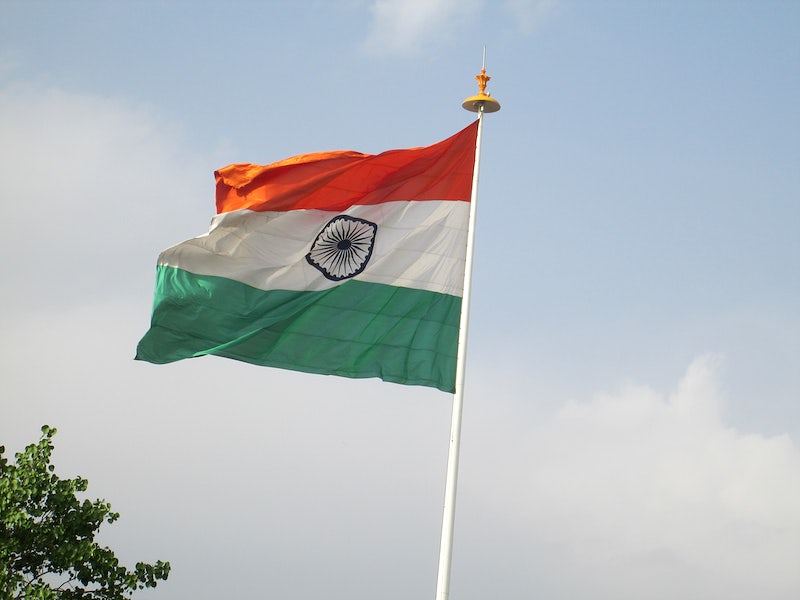On April 22, 2025, a brutal terrorist attack in the Baisaran Valley near Pahalgam, Indian-administered Kashmir, resulted in the deaths of 26 civilians, including 25 Indian nationals and one Nepalese tourist. The Resistance Front (TRF), believed to be linked to the Pakistan-based group Lashkar-e-Taiba, claimed responsibility for the assault. Eyewitnesses reported that the assailants targeted non-Muslim tourists, demanding they recite Islamic verses or checking for circumcision to identify their religion before opening fire.
India’s Retaliatory Measures
In response to the attack, India implemented a series of punitive actions against Pakistan:
- Border Closure: India closed its main land border with Pakistan, suspending all cross-border movement.
- Visa Revocations: Visas issued to Pakistani nationals were revoked, and Pakistani citizens in India were instructed to leave by April 27.
- Diplomatic Expulsions: India expelled Pakistani defense advisors and reduced embassy staff.
- Indus Waters Treaty Suspension: India suspended the decades-old Indus Waters Treaty, a key water-sharing agreement between the two countries.
Prime Minister Narendra Modi vowed to pursue those responsible for the attack, hinting at potential military or covert retaliatory measures.
Pakistan’s Countermeasures
Pakistan denied any involvement in the attack and responded with its own set of retaliatory actions:
- Airspace Closure: Pakistan closed its airspace to Indian aircraft, leading to significant disruptions in international flights. Business Insider
- Trade Suspension: All bilateral trade with India was suspended.
- Diplomatic Retaliation: Pakistan expelled Indian diplomats and reduced diplomatic staff.
- Shimla Agreement Suspension: Pakistan suspended the 1972 Shimla Agreement, which underpins the ceasefire line in Kashmir.
Additionally, Pakistan warned that any interference with its water rights under the Indus Waters Treaty would be considered an act of war.
Military Tensions Escalate
Following the diplomatic fallout, Indian and Pakistani troops exchanged fire along the Line of Control in Kashmir. While no casualties were reported, the skirmish heightened fears of further military escalation between the two nuclear-armed neighbors.
India’s army chief visited Srinagar to assess the situation, and authorities launched a large-scale manhunt, detaining approximately 1,500 people across Jammu and Kashmir.
International Community Urges Restraint
The United Nations and various countries have called for both India and Pakistan to exercise maximum restraint and resolve their differences through dialogue. The U.S. State Department issued a Level 4 “Do Not Travel” advisory for Jammu and Kashmir, citing high risks of terrorism and civil unrest.
Conclusion
The deadly attack in Kashmir and the subsequent diplomatic and military responses have significantly strained India-Pakistan relations. With both countries taking aggressive stances, the international community watches with concern, urging de-escalation to prevent further conflict in the region.











